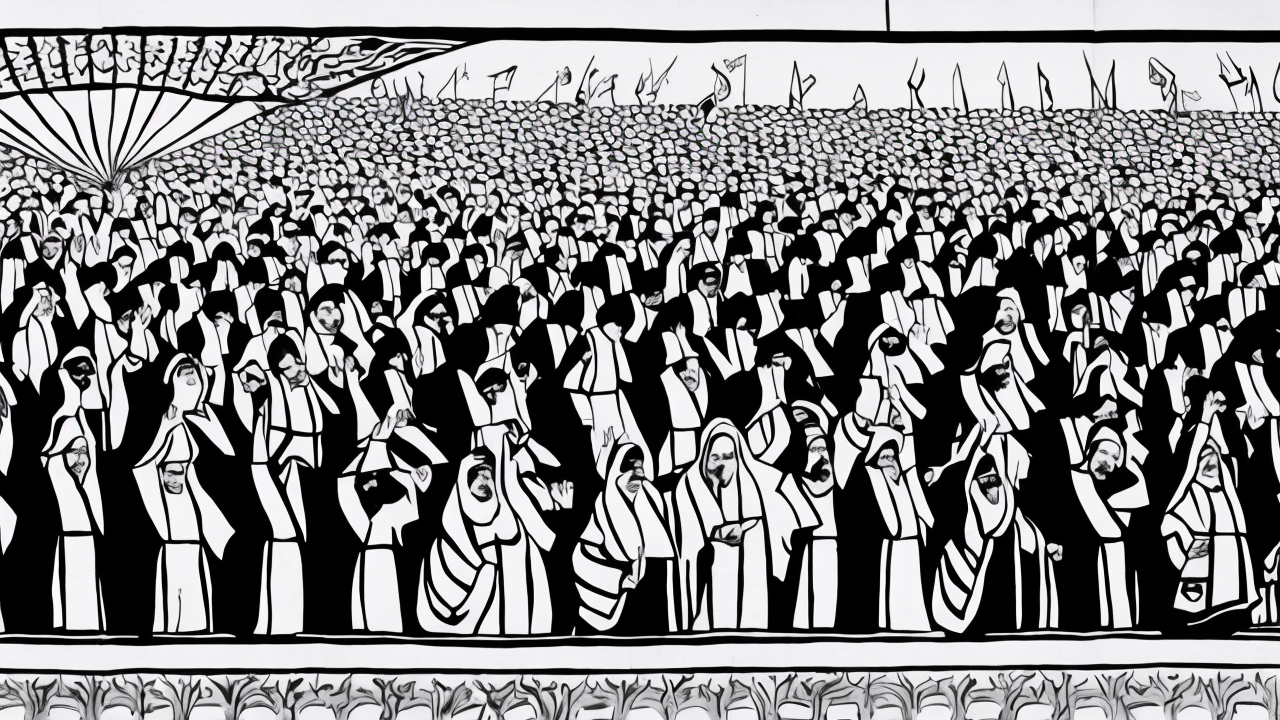Islamic Jihad Ideology Fuels Global Conflicts

Recent declarations by hundreds of Muslim religious leaders and organizations have underscored the central role of Islamic jihad theology in shaping modern global conflicts. At a conference in Istanbul, these leaders issued a charter supporting Hamas’ October 7 attacks, framing the conflict as a religious war between Muslims and non-believers. The charter, signed by 350 clerics and 39 organizations, asserts that the attacks are part of a “defensive jihad” against Israel, which it deems illegitimate and claims as Islamic land.
This endorsement aligns with Hamas’ ideology, which traces its roots to the principles of Sharia law and the teachings of the Quran and Hadiths. The charter explicitly rejects characterizations of Hamas as “extremist,” instead positioning its actions as a fulfillment of Islamic obligations. By framing the conflict as a religious duty, these leaders have legitimized violence against Israel and its allies, including the United States and Britain.
The implications of this declaration extend beyond the Israel-Palestine conflict, highlighting the broader influence of Islamic jihad theology in shaping global tensions. As religious authorities continue to endorse such ideologies, the challenge to international stability and cooperation grows increasingly complex.
Published: 7/15/2025
















